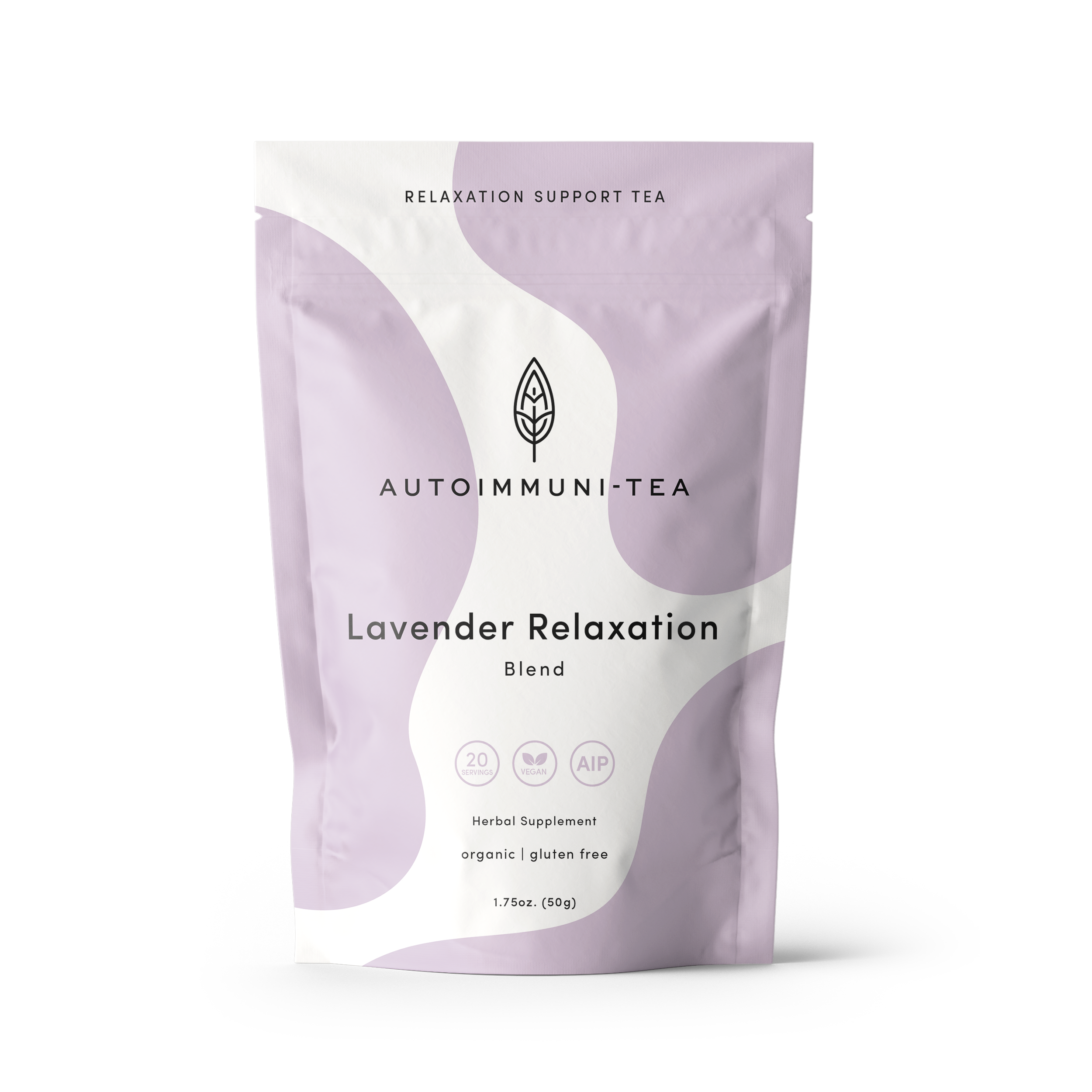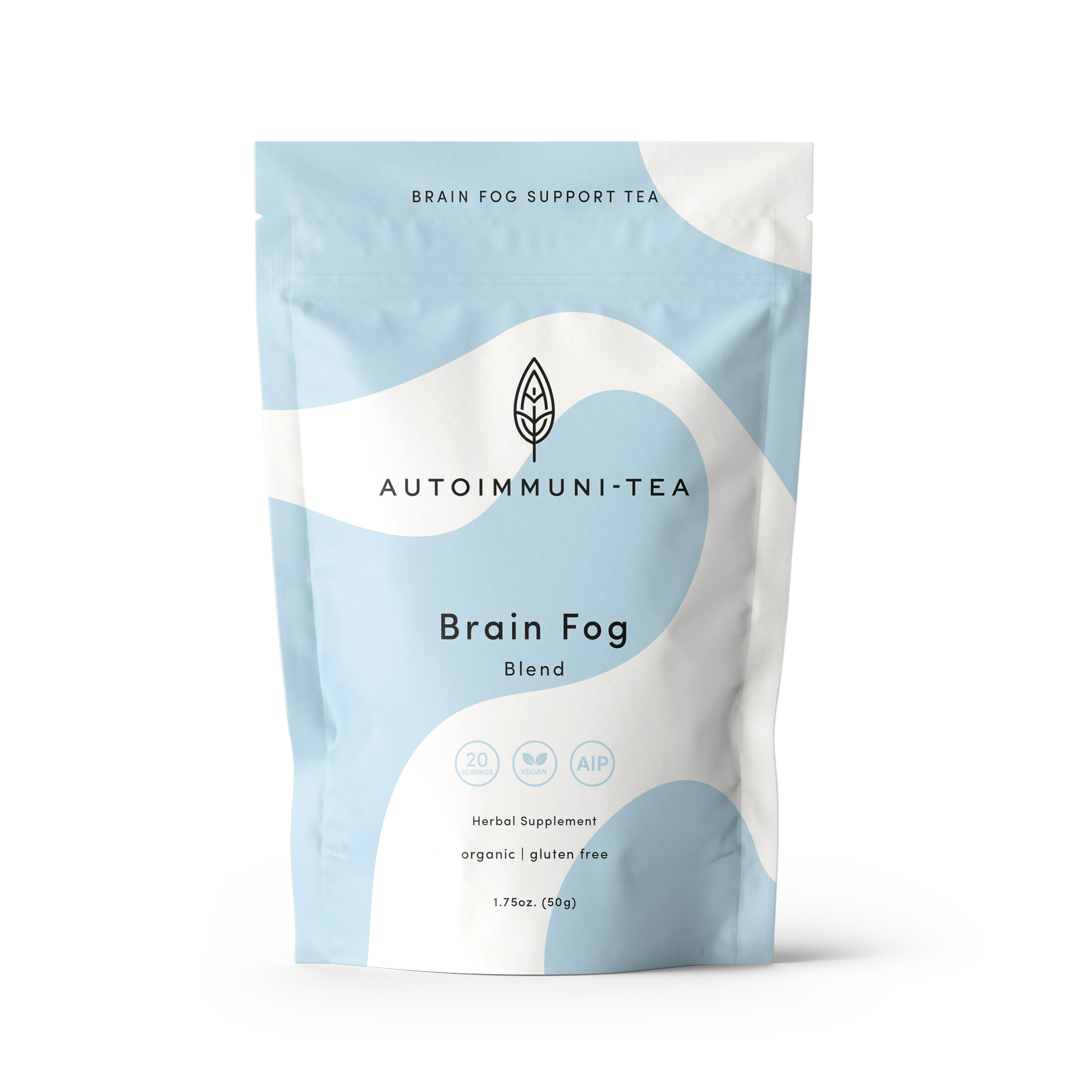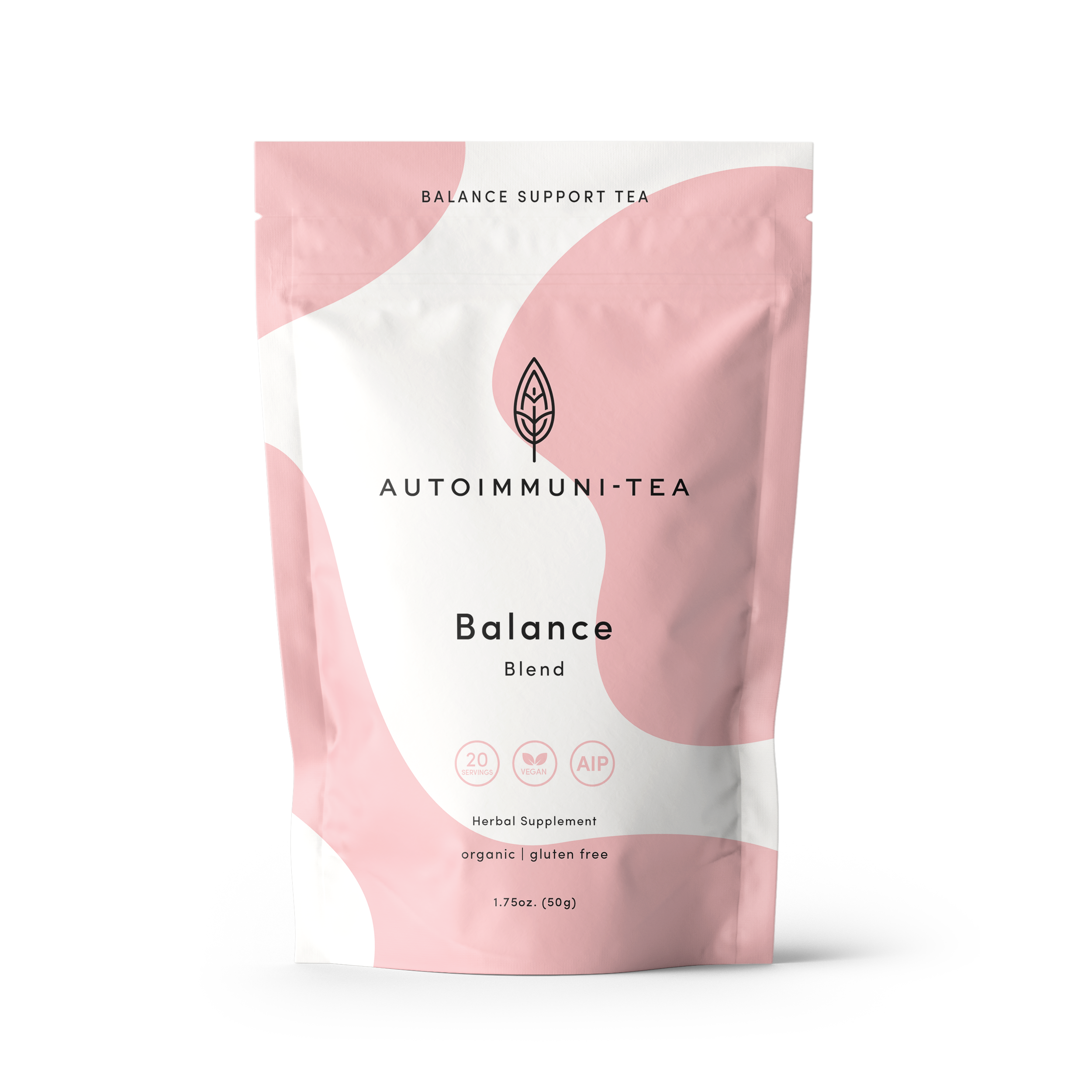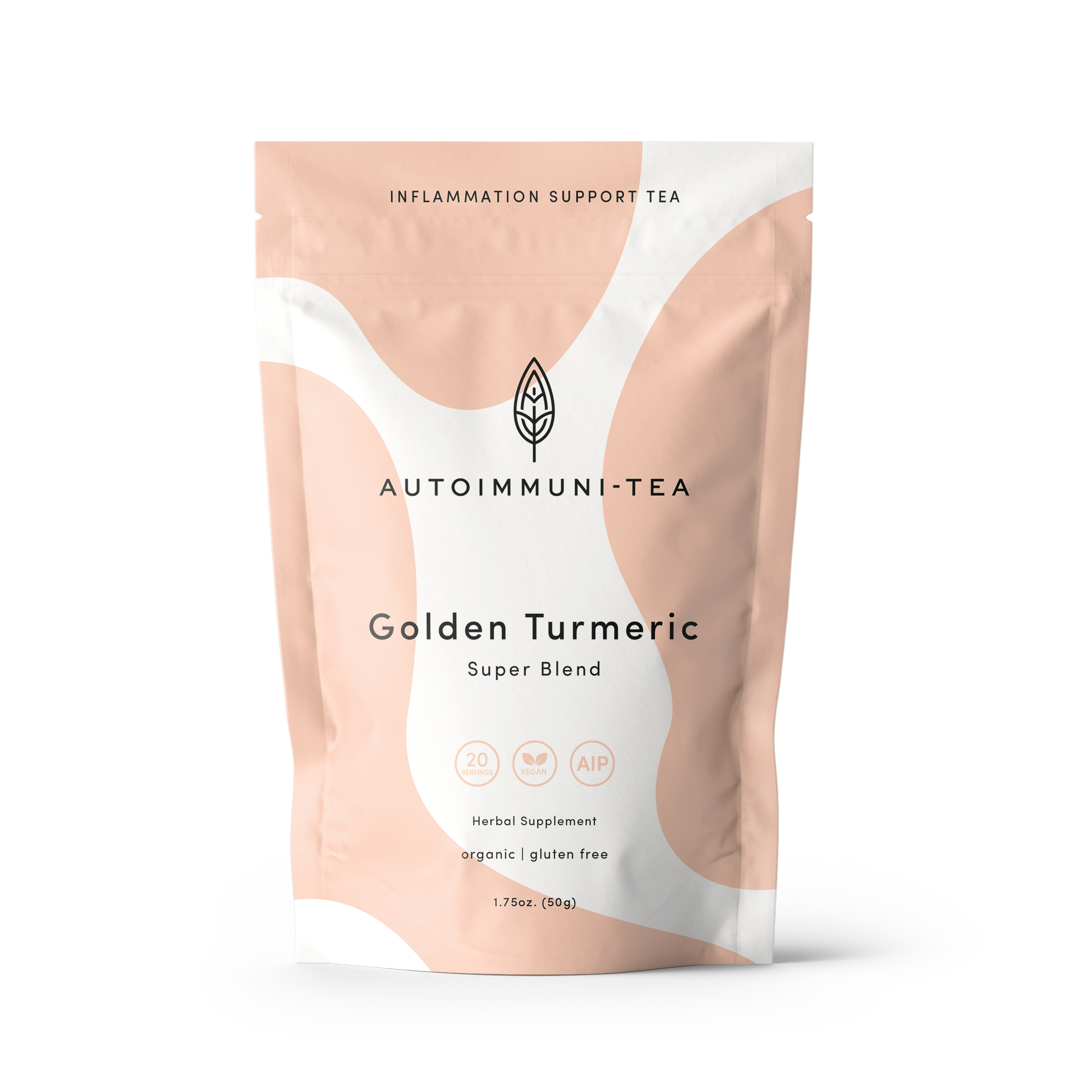Anxiety & Stress Relief Herb Guide

This calming blend was created to help promote a soothing state of mind at the end of a stressful day, and to help support a healthy nervous system. Lavender, passionflower, and tulsi have all been revered in herbalism for their calming properties and for their use in supporting a calm, cool, and collected demeanor, and are the star ingredients in this soothing blend.
Lavender
Properties:
- Anxiolytic
- Neuroprotective
- Antidepressant
- Sleep Aid
- Anodyne
- Antimicrobial
- Spasmolytic
- Anti-inflammatory
- Carminative
One of the best-known and most popular medicinal herbs, lavender is popular all the world over for its relaxing and calming properties, while at the same time improving mental alertness and accuracy. The constituents, linalool and linalyl acetate, have been shown to induce anxiolytic effects and may reduce anxiety by increasing GABA inhibitory effects in the amygdala. The anxiolytic effects may also occur via reduced serotonin-1A receptor binding. A general nervous system tonic, it can be used to treat states of nervous debility and exhaustion. Lavender flowers are also neuroprotective through upregulating catalase, superoxide dismutase and glutathione peroxidase. Lavender need not be taken orally to be effective; the smell alone has been shown to have calming and reassuring effects.
Rooibos
Properties:
- Relaxant
- Antispasmodic
- Antioxidant
- Anti-inflammatory
- Diuretic
- Immune Modulating
Rooibos is a popular tea high in minerals including calcium, magnesium, iron, manganese, potassium and zinc. As a result, it exerts relaxing effects on muscles and a calming effect on the mind. Rooibos is also immune modulating, strengthening or dampening the actions of the immune system. Rooibos is also an excellent anti-inflammatory and antioxidant and has been shown to enhance the activity of glutathione-S transferase (essential in the production of our body’s most powerful antioxidant, glutathione).
Passionflower
Properties:
Nervine Sedative Sleep Aid Antiinflammatory Cerebral vasorelaxant Anxiolytic Anodyne Antispasmodic
Passionflower is a nervine used for anxiety as well as as a general relaxant. A small, but important, pilot study looking at the effect of passionflower for generalized anxiety showed comparable efficacy to oxazepam. The alkaloids harman and harmaline are thought to produce monoamine oxidase inhibition while maltol and gamma-pyrone derivatives cause activation of GABA receptors that may account for anxiolytic and sedative properties. It is popular for its sedative and soothing properties and to relieve insomnia and improve quality of sleep. Passionflower is known to ease the transition into restful sleep without causing any next day “hangover.” The pharmacologic actions of many of the flavonoids, such as apigenin, are well known, and include antispasmodic and anti-inflammatory effects.
Rose Petals
Properties:
- Anxiolytic
- Antidepressant
- Antimicrobial
- Anti-inflammatory
- Antispasmodic
- Cardiac Tonic
Rose is another popular plant that elicits its action both through ingesting the herb as well as through its intoxicating smell. Rose is known for its ability to calm the mind and encourage a sense of peace. The aromatics of rose have been shown to decrease moodiness, anxiety, stress and depression. The volatile oils of rose also have antimicrobial properties.



